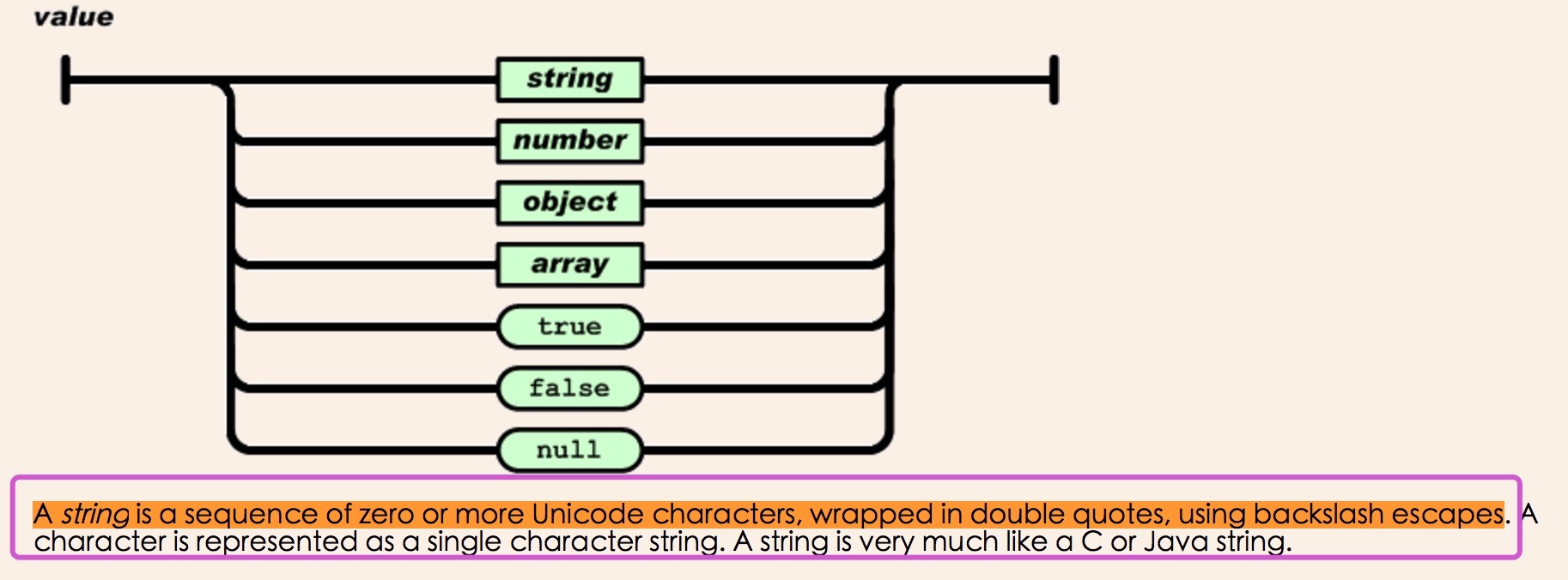在工作中我们经常会遇到数据类型之间的互转的问题,而通常我们请求一些API借口返回的结果就是字符串,但是格式是Json的,在Python中转为字典是最易处理的,所以这里记录一下在Python下把字符串转为字典的三种方法。
方法一: 通过内置函数eval
Source Code:
#!/usr/bin/env python3
#Author: nock.chen
str_info = "{'name': 'nock', 'age': 14}"
dict_info = eval(str_info)
print("string info type is -->: %s" % (type(str_info)))
print("dict info type is -->: %s" % (type(dict_info)))
Result:
string info type is -->: <class 'str'>
dict info type is -->: <class 'dict'>
不过使用eval有一个安全性问题,示例如下:
Source Code:
#!/usr/bin/env python3
#Author: nock.chen
str_info = input('input str info: ')
dict_info = eval(str_info)
print("dict_info is >%s< " % dict_info)
Result:
input str info: __import__('os').system('ls')
collector_data.py
test.py
Download
dict_info is >0<
如上所示当我们输入__import__('os').system('ls')的时候会打印出脚本所存目录下的文件,如果传入一个rm -rf *之类的命令,那则会把所有改目录下的东西删除掉;当然我们这么去用的场景会非常好少,也不可能有人会这么传值,不过这里说明一下。
方法二: 通过json模块处理
Source Code:
#!/usr/bin/env python3
#Author: nock.chen
import json
str_info = '{"name": "nock", "age": 18}'
dict_info = json.loads(str_info)
print("string info type is -->: %s" % (type(str_info)))
print("dict info type is -->: %s" % (type(dict_info)))
Result:
string info type is -->: <class 'str'>
dict info type is -->: <class 'dict'>
使用json模块进行转换也存在一个问题,由于json语法规定 数组或对象之中的字符串必须使用双引号,不能使用单引号, 官网上有一段描述是:

报错示例如下:
#!/usr/bin/env python3
#Author: nock.chen
import json
str_info = "{'name': 'nock', 'age': 18}"
dict_info = json.loads(str_info)
报错结果如下:
Traceback (most recent call last):
File "test.py", line 7, in <module>
dict_info = json.loads(str_info)
File "/usr/local/Cellar/python3/3.5.1/Frameworks/Python.framework/Versions/3.5/lib/python3.5/json/__init__.py", line 319, in loads
return _default_decoder.decode(s)
File "/usr/local/Cellar/python3/3.5.1/Frameworks/Python.framework/Versions/3.5/lib/python3.5/json/decoder.py", line 339, in decode
obj, end = self.raw_decode(s, idx=_w(s, 0).end())
File "/usr/local/Cellar/python3/3.5.1/Frameworks/Python.framework/Versions/3.5/lib/python3.5/json/decoder.py", line 355, in raw_decode
obj, end = self.scan_once(s, idx)
json.decoder.JSONDecodeError: Expecting property name enclosed in double quotes: line 1 column 2 (char 1)
方法三: 通过ast模块处理
Source Code:
#!/usr/bin/env python3
#Author: nock.chen
import ast
str_info = '{"name": "nock", "age": 18}'
dict_info = ast.literal_eval(str_info)
print("string info type is -->: %s" % (type(str_info)))
print("dict info type is -->: %s" % (type(dict_info)))
s_info = "{'name': 'nock', 'age': 18}"
d_info = ast.literal_eval(s_info)
print("s info type is -->: %s" % (type(s_info)))
print("d info type is -->: %s" % (type(d_info)))
Result:
string info type is -->: <class 'str'>
dict info type is -->: <class 'dict'>
s info type is -->: <class 'str'>
d info type is -->: <class 'dict'>
使用ast.literal_eval进行转换既不存在使用json 模块进行转换的问题,也不存在使用eval模块进行转换的安全性问题,因此推荐大家使用ast.literal_eval的方法。
参考链接: https://stackoverflow.com/questions/15197673/using-pythons-eval-vs-ast-literal-eval

本文由 空心菜 创作,采用 知识共享署名4.0 国际许可协议进行许可
本站文章除注明转载/出处外,均为本站原创或翻译,转载前请务必署名
最后编辑时间为: Apr 17, 2018 at 01:08 pm
